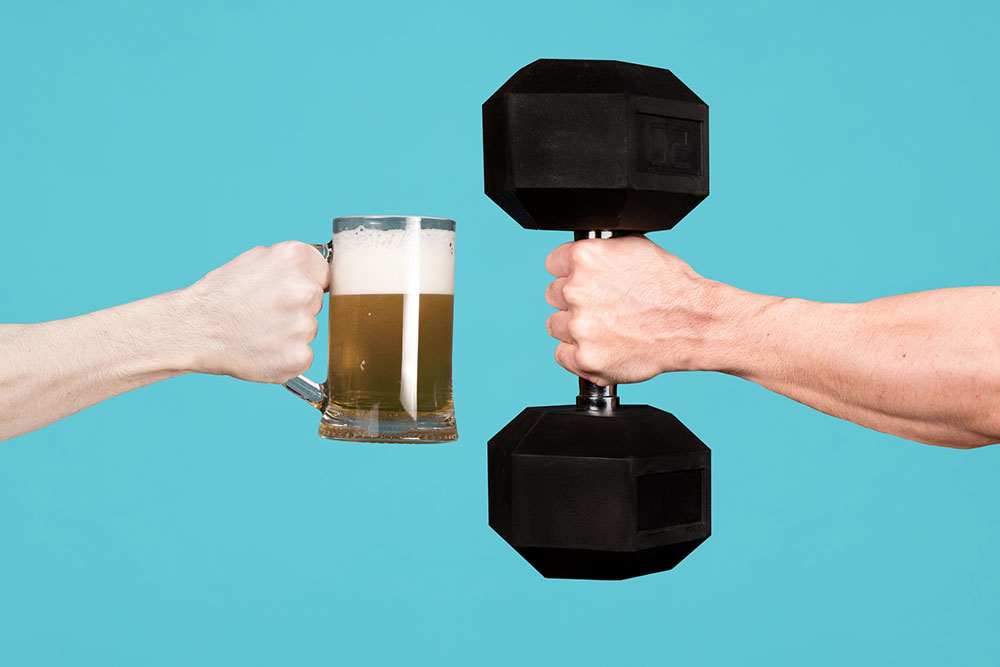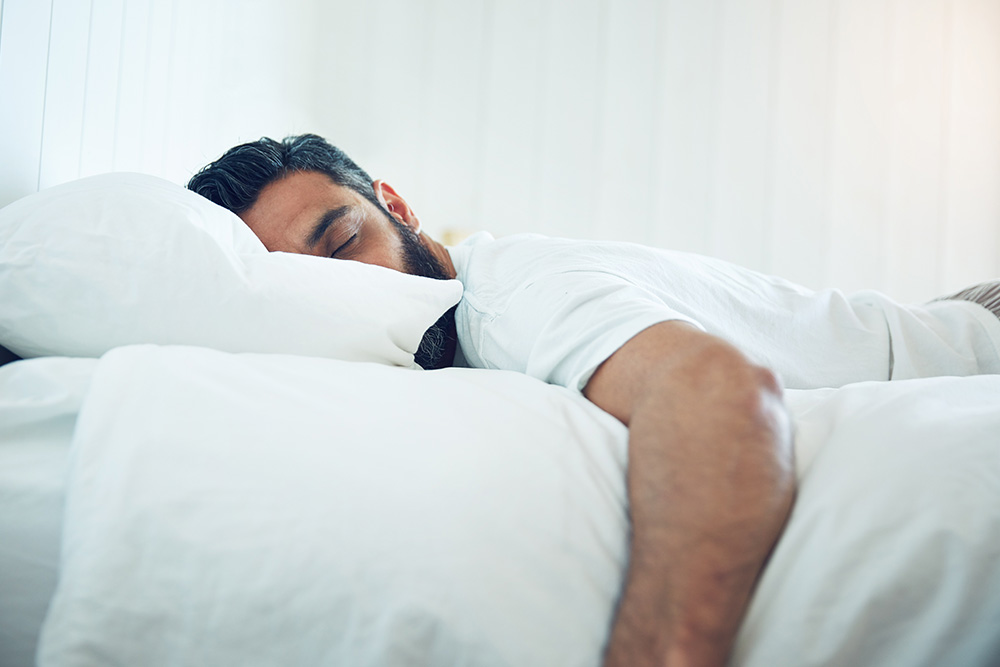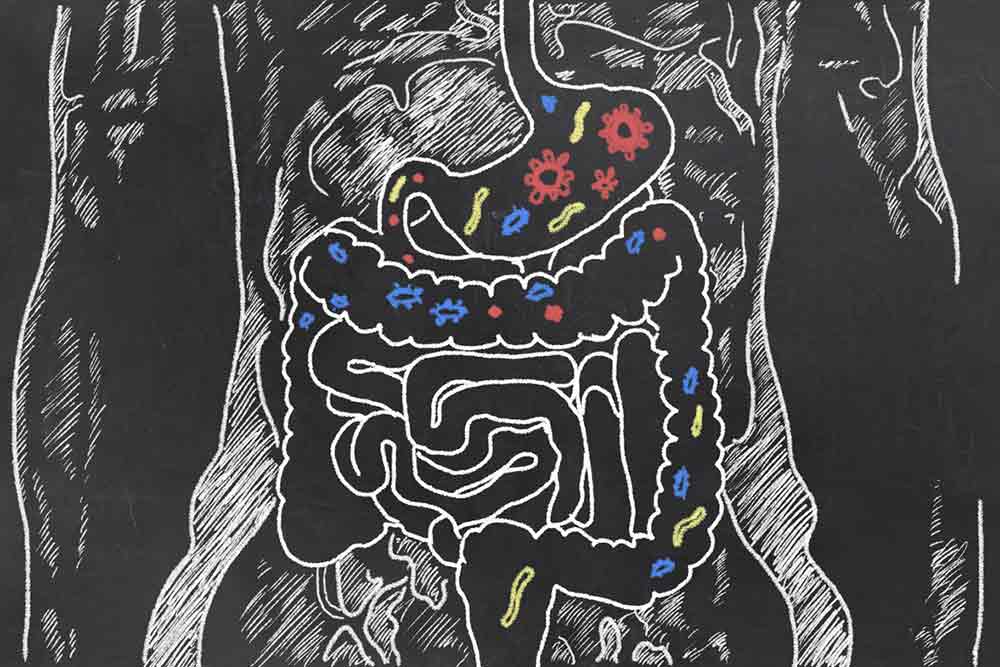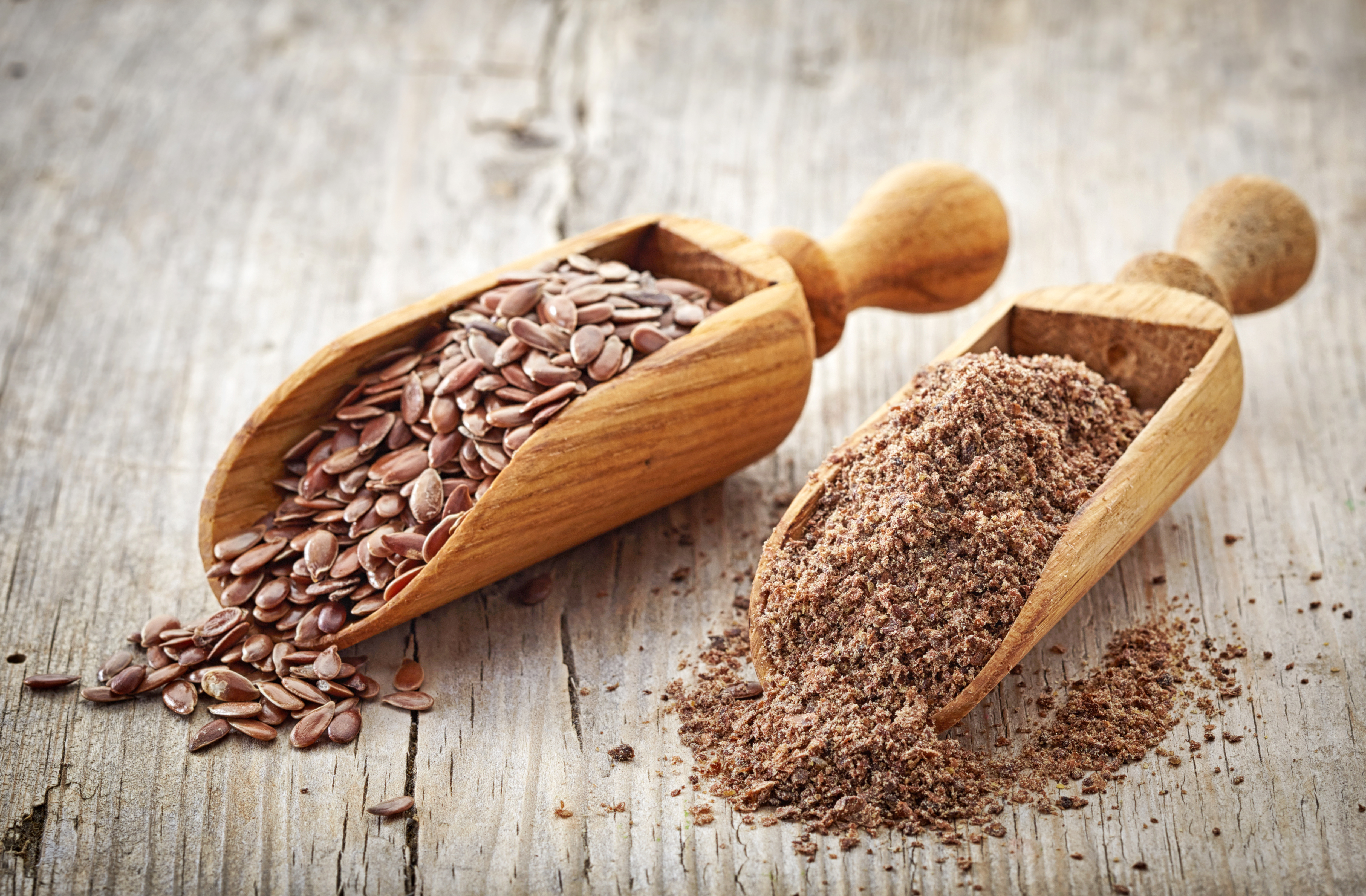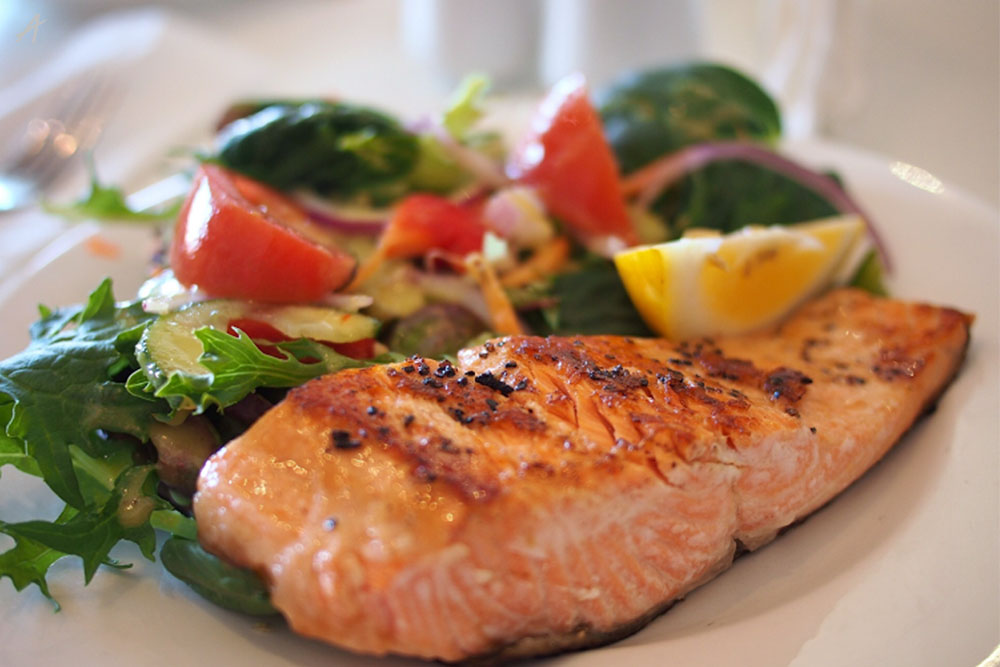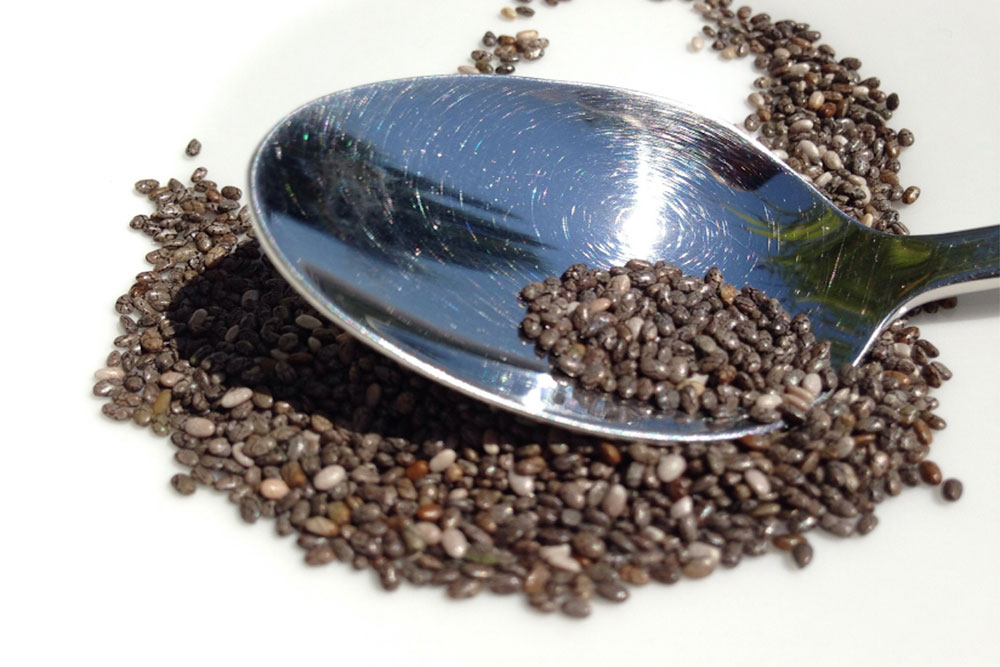Intermittent Energy Restriction: The Key to Sustainable Weight Loss

As someone who has worked in the health and fitness industry for a long time, I have seen hundreds of people struggle to lose weight and make long-term dietary change.
You start out fine, making the right food choices and avoiding junk foods. But then after a few weeks, things start to slip. The hunger starts to kick in. You start to feel tired and lethargic. Your exercise performance drops.
Then, within a month or two, you are back to square one.
Diet over.
But what if I told you there was a way to navigate around the impending diet crash? That there was a way of ensuring you make consistent dietary progress, and felt good while doing it?
Enter intermittent energy restriction.
What is Intermittent (ER) energy restriction?
When you go on a diet, you restrict your calories to a point where you expend more energy than you consume. This is what many would consider an energy deficit, or a state of energy restriction – and it is integral to weight loss.
Now, most diets promote a state of continuous energy restriction.
This is where you eat at an energy deficit every single day over a long period of time to incur long-term weight loss.
Conversely, intermittent energy restriction describes alternating periods of eating in an energy deficit with periods of eating at energy maintenance (in which you consume enough calories to maintain your current body weight).
A common intermittent ER protocol is to spend two weeks restricting your calories to 30% below maintenance, then spending two weeks eating at maintenance. You would then alternate these two conditions for as long as it takes for you to reach your goal weight.
How is it different than Intermittent Fasting (IF)?
Intermittent energy restriction vs Intermittent fasting (Gabel, 2018).
It is important to note that intermittent ER is markedly different from intermittent fasting (or IF, for short)
Intermittent fasting describes small periods of eating that are separated by longer periods of not eating (which are known as fasting). The most common form of IF is the 16 and 8 method, where every day you fast for 16 hours, and then eat your calories in a feeding window that lasts 8 hours.
For example, you might have stop eating every day at 8pm, and not have your next meal until 12pm the following day.
The reason that intermittent ER and IF are different is because IF does not mean that you are in an energy deficit. In fact, it is possible to eat in an energy surplus and still follow an IF protocol – it just comes down to how much food you consume during your eating window.
With this in mind, we could describe IF as a way of eating, whereas intermittent ER is a way of maintaining an energy deficit.
Related Article: Intermittent Fasting For Weight Management & Health
What are the benefits of Intermittent ER?
I mentioned above that people who follow longer duration diets often fail because they struggle to consistently maintain an energy deficit.
They get hungry, they get tired, and it all gets too hard.
It is also important to note that, physiologically, maintaining a prolonged energy deficit can pose another issue.
After a long term period of energy restriction, your body sees a significant decline in its resting metabolic rate (the amount of energy your body burns at rest). Now, the reason that this poses an issue is because your resting metabolic rate is your biggest determinant of your daily energy expenditure.
As such, if your metabolic rate declines, then it becomes harder to get into an energy deficit – making it more challenging to lose weight.
Which is arguably the main benefit of intermittent ER.
By periodically alternating periods of higher energy intake with periods of energy deficit, your body doesn’t see this same decline in metabolic rate. Moreover, because you are not in a prolonged state of calorie restriction, your feelings of lethargy, tiredness, and hunger are also less.
Which has some implications for weight loss (Byrne, 2018).
Intermittent energy restriction and weight loss
In a recent study, researchers recruited 51 men and divided them into two groups.
One group (who we will refer to as the continuous group) was put on a diet for 16 consecutive weeks, while the second group (intermittent group) alternated two weeks of eating in energy restriction, with two weeks of eating at maintenance, for eight times total.
In other words, the intermittent group employed intermittent ER as their dietary strategy.
Incredibly, at the end of the dietary period, the intermittent group lost 50% more weight than the continuous group. They also maintained more muscle mass.
On an important note, the researchers continued to monitor both groups for six months after the diet was finished. And as you would expect, both groups regained a little bit of weight – but even after this time frame, the weight lost in the intermittent group was almost 20 pounds more than the continuous group.
Talk about effective.
Intermittent ER vs. Intermittent fasting for weight loss
I mentioned earlier that intermittent ER and intermittent fasting were not really the same thing.
However, like intermittent ER, intermittent fasting has been shown to act as a successful weight loss strategy for a number of different populations.
Why is the case?
Well, in short, with IF you are limiting the amount time you have available to consume food on a daily basis. This simply makes it harder to consume as many calories. It also limits your ability to snack throughout the day.
As a result, it is a great tool to promote energy restriction.
With this in mind, I would actually recommend combining the two methods to get the best results. During your two weeks of low energy intake, I would recommend using intermittent fasting to help get you into an energy deficit.
Then, for your two weeks off, you could resume normal eating patterns as a bit of a break.
While this is a very simple way of applying both methods, I can guarantee its effectiveness!
Best tips for intermittent ER
You now know that you can combine intermittent ER with IF to get some great results. But with this, I also wanted to offer up some great tips that you can use to make it even more effective.
So, without further ado:
- Don’t consume any liquid calories: this is a simple rule that I stick too to keep my energy low. During intermittent ER weeks, stick to black coffee, green tea, and water.
- Eat protein with every meal: protein is extremely filling. This means that if you eat a source of protein every meal, you will feel fuller for longer. You will therefore be less likely to snack throughout the day.
- Eat veggies with every meal: like protein, vegetables are extremely filling, but contain very little energy. This means eating a lot of veggies will make it that much easier to stay in an energy restricted state.
- Keep up weight training: during periods of energy restriction, you want to make sure that you keep up strength training. This tells your body that it needs to maintain a high degree of muscle mass, which helps maintain your metabolic rate. This will make weight loss easier in the long run.
And there you have it – some great tips to make intermittent ER even more effective.
Related Article: Is There a Magic Bullet to Protein Consumption?
Where is the research heading?
Intermittent energy restriction recently been applied successfully in obese males and overweight adolescents.
However, there are many populations not yet studied.
With this in mind, we need some high quality research in those key populations that normally have a hard time losing weight. These include postmenopausal women, and people with metabolic disorders such as type II diabetes.
Given the nature of this type of diet, there is reason to believe that it could have very positive effects in these high risk groups – although we obviously need the evidence to back it up.
Take Home Message
Dieting is hard.
Not only does it cause tiredness, hunger, and a drop in performance, but it may even cause your metabolic rate to decline – which can ultimately make losing weight even harder.
But fortunately, we have an answer.
Intermittent energy restriction provides a great way of mitigating all these issues, making it the perfect way to lose weight – and keep it off.
References
Byrne, Nuala M., et al. “Intermittent energy restriction improves weight loss efficiency in obese men: the MATADOR study.” International journal of obesity 42.2 (2018): 129-138.
Gabel, Kelsey, et al. “Effects of 8-hour time restricted feeding on body weight and metabolic disease risk factors in obese adults: A pilot study.” Nutrition and healthy aging 4.4 (2018): 345-353.
You Might Like:









